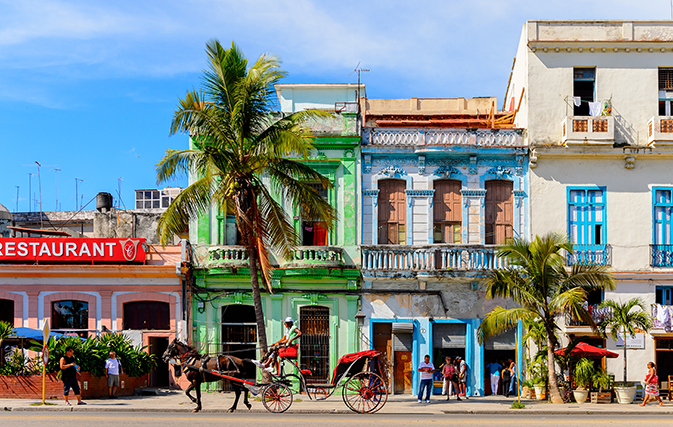OTTAWA — The EU and Canada are joining forces to protect their companies now that the U.S has opened the door for lawsuits against foreign firms connected to properties Cuba seized from American firms during the Cuban revolution in the 1950s.
EU foreign policy chief Federica Mogherini and Canadian Foreign Minister Chrystia Freeland say the U.S. move “to renege on its longstanding commitment” to avert such legal action “is regrettable.”
Mogherini and Freeland say in a joint statement issued Wednesday they’re “determined to work together to protect the interests” of their companies.
They warn that EU and Canadian laws allow counter-claims against any U.S. lawsuits “so the U.S. decision to allow suits against foreign companies can only lead to an unnecessary spiral of legal actions.”
Earlier this week the Trump administration said it will now allow lawsuits against foreign companies connected to properties seized from American firms during the Cuban revolution, including Canadian businesses.
The landmark tightening of the U.S. trade embargo on Cuba’s communist government represents a major shift in U.S. foreign policy, one that now could place Canadian mining, tourism and financial services companies at risk in American courts.
U.S. Secretary of State Mike Pompeo says the decision, to take effect early next month, is rooted in Cuba’s ongoing support of Nicolas Maduro’s socialist government in Venezuela.
Canada, its Lima Group allies and the U.S. have all called for Maduro’s ouster and recognize opposition leader Juan Guaido as the interim leader of the beleaguered South American country.
But Canada and its European allies have pushed the Trump administration to continue to suspend use of the dormant Title III section of the 1996 Helms Burton Act, which allows Americans to sue foreign companies linked to Cuban properties that were confiscated after the revolution in 1959.
About one million Canadians vacation in Cuba every year, while countries such as Britain, France and Spain have companies active in rum, cigars and tourism.
The Canadian Chamber of Commerce said recently it was concerned about the potential impact on Canadian companies with operations in Cuba, particularly those in the mining, financial services and tourism sectors.
When the U.S. law came went into force in 1996, then-president Bill Clinton postponed the implementation of Title III; until now, every subsequent president has followed suit, renewing the exemption every six months.
President Donald Trump changed that practice. Last month, the U.S. State Department extended the Title III exemption by only 30 days.
